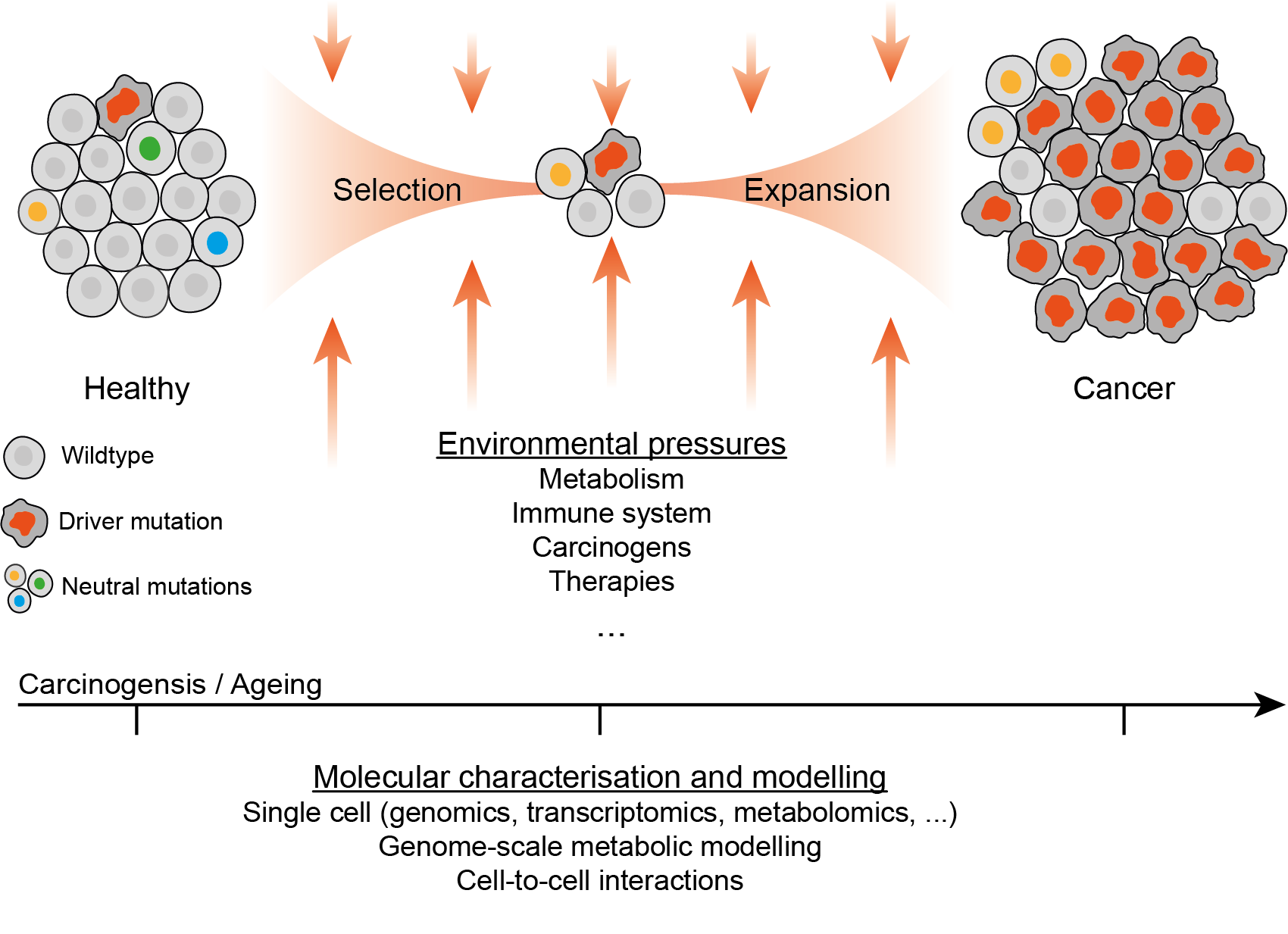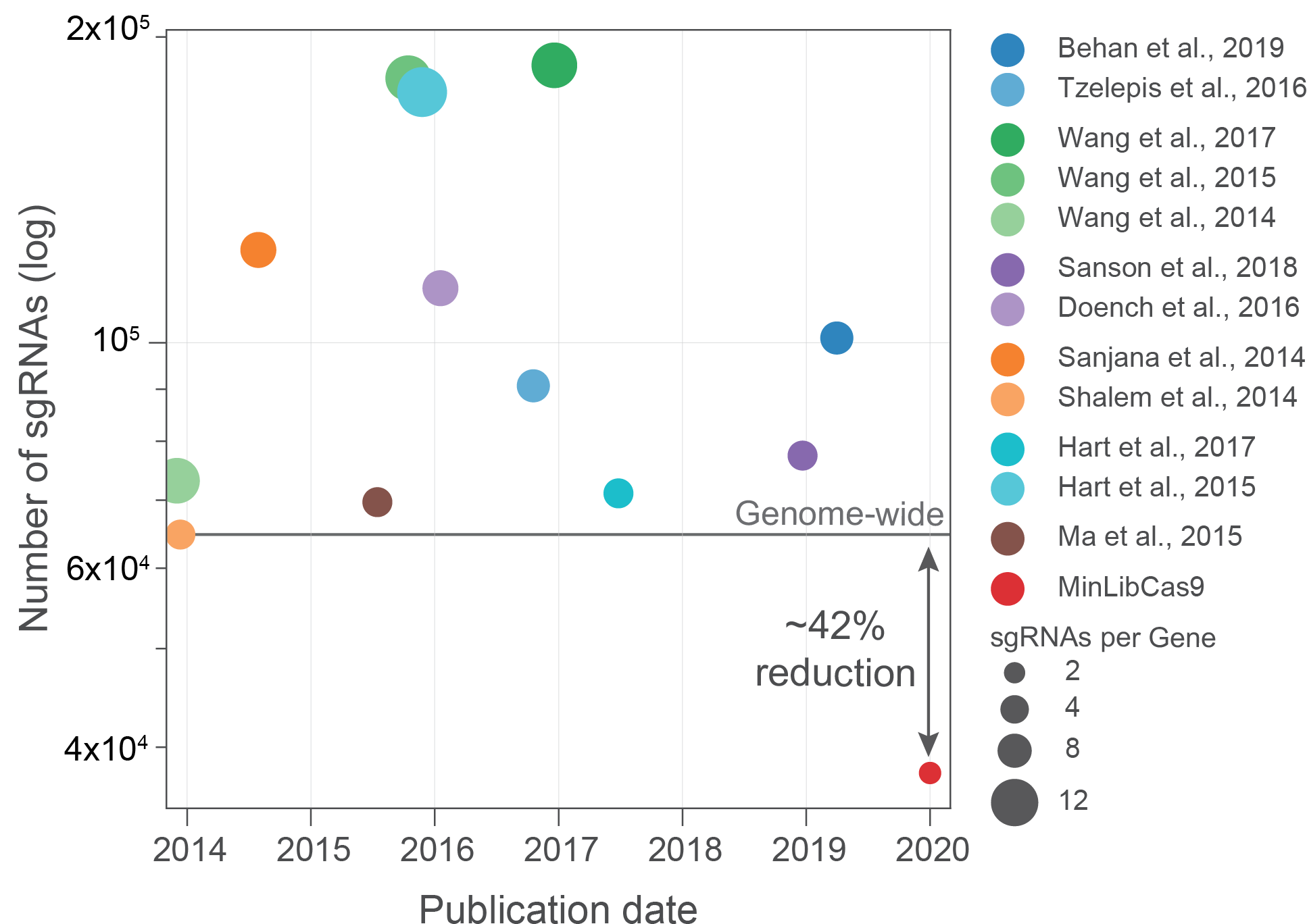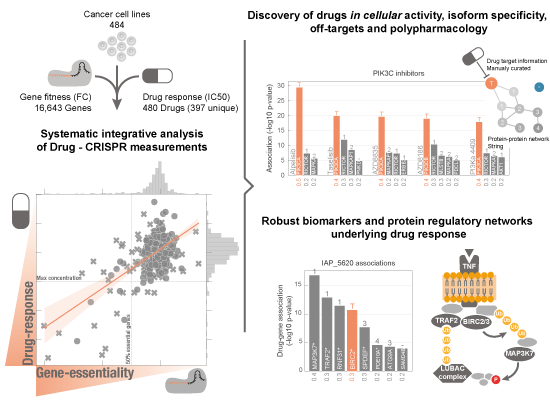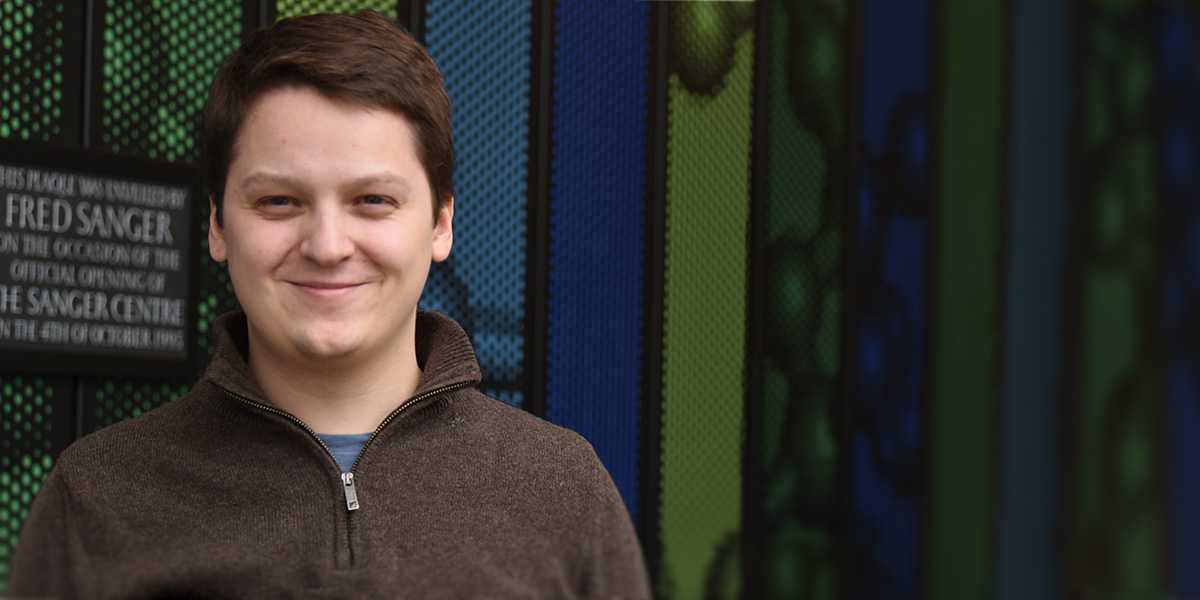Our research group focuses on developing computational approaches to analyze high-throughput drug and genetic screens, along with multi-omics datasets, to study the fundamental regulatory mechanisms underlying cancer cell response to treatments. Working closely with experimental and clinical groups, we develop integrative approaches to address one of the most pressing challenges in cancer: drug resistance.
We aim to develop the next generation of multidisciplinary engineers who can bridge the fields of computer science, cell biology, and biomedicine.
Machine Learning | Multi-omics | Functional Genomics | Drug resistance | Cancer
This editorial commentary piece presents and reflects on the work and vision of many great...
[Read More]
MinLibCas9
Minimal genome-wide human CRISPR-Cas9 library
We developed a data-driven in silico pipeline to design and optimise a minimal genome-wide CRISPR-Cas9...
[Read More]
Identifying Drug Mode-of-Action with CRISPR-Cas9
Drug mechanism-of-action discovery through the integration of pharmacological and CRISPR screens
The Sanger (UK) and Broad (USA) Institutes joined efforts to generate a complete map of...
[Read More]
Sanger Postdoctoral Fellow
My Experience as a Postdoctoral Fellow
Postdoctoral Fellow at Wellcome Sanger Institute
Cancer Cells CRISPR-Cas9 Large-scale Screens
Prioritization of cancer therapeutic targets using CRISPR–Cas9 screens
We presented one of the largest CRISPR-Cas9 screens available to date, and developed a precision...
[Read More]




